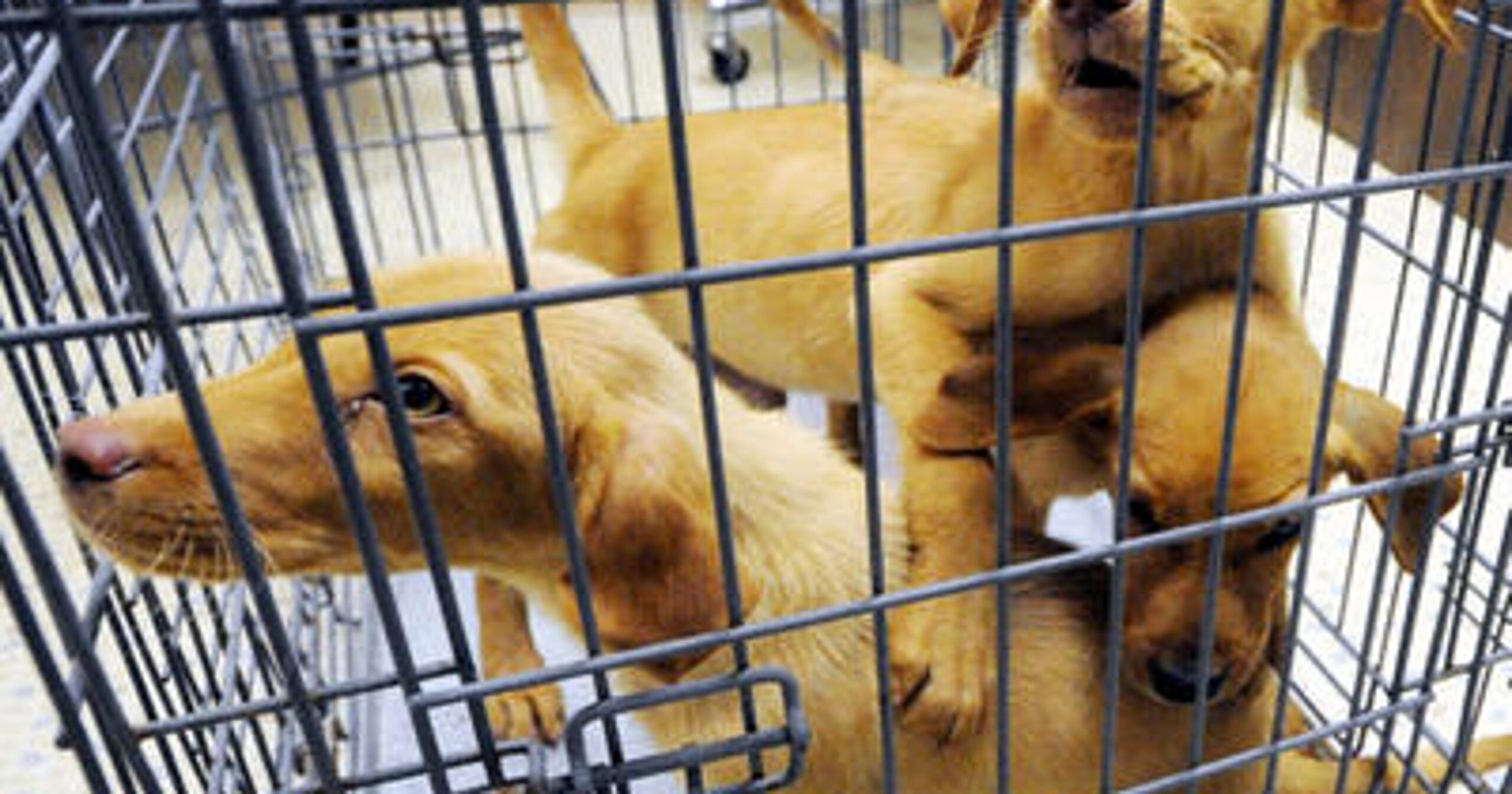In the delicate tapestry of our ecological and emotional landscapes, animals are not mere threads; they are vibrant colors weaving life into our existence. The trauma inflicted on them often carries a haunting resonance, echoing the urgency for vigilance among compassionate citizens. As reports of animal cruelty surface, often shrouded in shadows, the need to act becomes paramount. The pet store, a veritable marketplace of life and joy, can sometimes harbor unspeakable suffering. Understanding how to navigate the labyrinthine corridors of law is crucial for anyone wishing to confront and rectify these injustices.
The first step in the pursuit of justice for abused animals is to familiarize oneself with the legal framework surrounding animal protection. Animal cruelty statutes vary widely across jurisdictions; they can be as varied as the species they aim to protect. In many places, animal welfare laws prohibit actions that inflict harm, suffering, or death upon animals. These laws may extend to the conditions in which animals are kept, their treatment in sales, and even the practices employed to maintain inventory. Thus, knowing the specifics of local animal welfare legislation is akin to equipping oneself with a map, guiding the way through unfamiliar territories.
Before taking any formal action, gather comprehensive evidence of the alleged cruelty. Compile a dossier of photographic and video evidence, documenting any observable neglect or abuse. Visual records speak volumes: they are the silent witnesses to torment, offering undeniable proof that words alone may not convey. Additionally, keep a detailed journal of observations, noting dates, times, and specific instances of cruelty or neglect. This not only lends credibility to your claims but also portrays a narrative of persistent concern that can haunt the perpetrator long after the evidence has been recorded.
Once you have amassed this vital information, the next step is to lodge a formal complaint. Start by identifying local animal welfare organizations or law enforcement agencies equipped to handle such reports. While a pet store often enjoys a facade of innocence, it is essential to understand that behind the glass doors may lurk practices designed to profit at the expense of animal welfare. Reporting your findings can be a clarion call for intervention; it is an invitation for the authorities to investigate the establishment. This process can feel daunting, but remember, you are not alone. Numerous advocacy groups and community coalitions exist to support the pursuit of justice for animals.
Consider contacting public agencies dedicated to animal control or humane societies, as they typically possess the resources and authority to investigate claims of abuse. When presenting your complaint, ensure that you present your evidence clearly and concisely. A well-organized report can make the difference between a thorough investigation and a fleeting glance. Emphasize the critical nature of the situation without hyperbole; facts will speak louder than emotional appeals. The law is a complex beast, and clarity can transform your concern into actionable insight.
Bear in mind that documenting your journey may be cathartic for you and serve as a powerful tool of persuasion. As you engage with the authorities, accurately recount the timeline of your observations and follow the protocol established by the relevant organizations. Each step in your approach should create ripples across the water of indifference, stirring the depths of accountability.
As investigations progress, do not hesitate to follow up. Persistence is a most potent ally when combating wrongdoing. Keep lines of communication open and foster relationships with those overseeing the case. It can be unsettling to realize how often animal cruelty allegations can become tangled in bureaucratic machinery. Yet, the courage to continue advocating for these voiceless souls is indispensable. Staying informed and involved ensures that the issues remain prominent, like a lighthouse guiding lost ships to safety.
Moreover, involving your community can amplify your efforts. A singular voice, while strong, can be augmented exponentially by solidarity. Organize gatherings with like-minded individuals, harnessing their belief in the power of change. Public awareness campaigns can illuminate the plight of animals in local pet stores, prompting others to join hands in the fight. Knowledge is a flame; when shared, it can ignite a wildfire of compassion that engulfs the city. Utilize social media platforms to disseminate information, sparking conversations and mobilizing collectors of change.
Education plays a pivotal role in curtailing animal cruelty. Host workshops or distribute informative pamphlets that outline the signs of neglect and the importance of reporting suspected mistreatment. By instilling awareness, individuals may recognize their roles as guardians of the vulnerable, equipped to respond when injustice arises. Teach others not just the “how,” but the “why” of animal advocacy—each creature’s right to a life free from suffering is a universal principle that transcends species boundaries.
Lastly, once all avenues have been explored, and justice is either served or still eludes, consider the broader impact of your journey. Reflect upon how the interconnectedness of all living beings demands a deeper awareness of our responsibilities. As a society, we must strive for systemic change, advocating for stronger regulations, and penalties against animal cruelty. Each petition signed, each voice amplified, contributes to a crescendo of demand for humane treatment of animals. Through perseverance and unity, the dream of a world where pet stores become sanctuaries of life—rather than profit—can inch closer to reality.
In conclusion, the fight against animal cruelty is not just a personal battle; it is a collective crusade borne from compassion and moral conviction. Empower yourselves with knowledge, document the injustices you witness, and bravely navigate the pathways of advocacy. The lives of countless animals depend on our capacity to stand against cruelty and heal those fragile fibers of their existence, binding us all to a higher moral compass.








